Final Reflections

Today, leadership, to me, means stepping into roles when no one else is willing, being your own role model and leading by example. When I first started the Laidlaw programme, I believed that a leader looked different depending on the personalities or characteristics of the people I was surrounded with. Whilst I still look at leadership in this way, and think it is important to draw on the strengths of those around me, sometimes it is more important to step up and take ownership of certain tasks and provide direction even if that isn't the initial role. Providing direction and certainty (sometimes just in the short term) provides a sense of reassurance to those around you, however it is a fine line between giving others this certainty and being inflexible.
Filling the roles that no one else wants to is often a key aspect of leadership. Being able to turn your hand to different tasks and be a different person to fill several roles demonstrates adaptability, and to be a well-rounded leader in various settings, I believe this is key. Although specialisation can be important, I find my skill set leans towards bringing people together and bridging different views to find a common direction. Consequently, for me, leadership is stepping back when needed, and stepping up at certain points. ‘Leading from behind’ is something I’ve learnt over the course of this programme: leadership doesn’t always have to be setting clear agendas and managing a group, instead it can mean ensuring everyone feels welcome and comfortable to ensure they perform at their best.
When applying to the Laidlaw programme, the two competencies I highlighted as a focus to improve were ‘effective communication’ and ‘social and cultural intelligence and awareness.’ Whilst in Kenya for my LiA I was the only non-national in the office, and so I quickly had to adapt to a style of working and integrate into a new country and organisation. Most of my interviews were also conducted in Swahili or the local language which meant translations had to take place during the interview. This process directly improved my communication skills as I had to quickly change interview questions and find new ways of communicating depending on who I was working with. Additionally, social and cultural intelligence and awareness was critical to my work in Kenya as I was in a new environment for a relatively short period of time, and so for it to be a valuable experience for both myself and the international NGO (INGO), I had to build relationships with colleagues in both professional and social settings.
Over the past two years, I have also developed my leadership abilities and collaboration skills. The ability to lead without authority has been vital throughout the process. As large parts of the programme were undertaken without explicit direction, taking initiative when working with external stakeholders was important to ensure deliverables were achieved and deadlines met. Our collaborative research project capitalised on our diverse backgrounds, and drawing out various people’s skills meant we were able to author a paper that we were proud of whilst also making the most of the international and travel opportunities presented.
Both my LiA project and the research we conducted last summer have been invaluable experiences which will directly support building my future career. Looking to enter the fields of diplomacy/international development, completing my LiA in Kenya allowed me to gain hands-on experience in this field. Conducting fieldwork in three counties across the country provided me with the opportunity to carry out primary research with different communities and work directly with national and local staff. Additionally, researching in the Balkans was an international experience where I was able to delve deeper into the history of a region to understand how previous conflict manifests in lived experiences in the present. With a particular interest in conflict resolution and education interventions, this project allowed me to develop subject-matter expertise as well as qualitative research skills.
Fostering connections with other scholars throughout the past two years has also been a valuable part of the programme. Through workshops, social events and the Laidlaw Conference in Dublin, I was able to meet scholars from different universities and with various backgrounds who all have different specialisations, but often hold a shared focus and understanding for civic engagement. I believe these relationships will continue over the coming years, and the wider network of this programme provides opportunities for further meaningful connections in the future whether that be academic, professional or social.
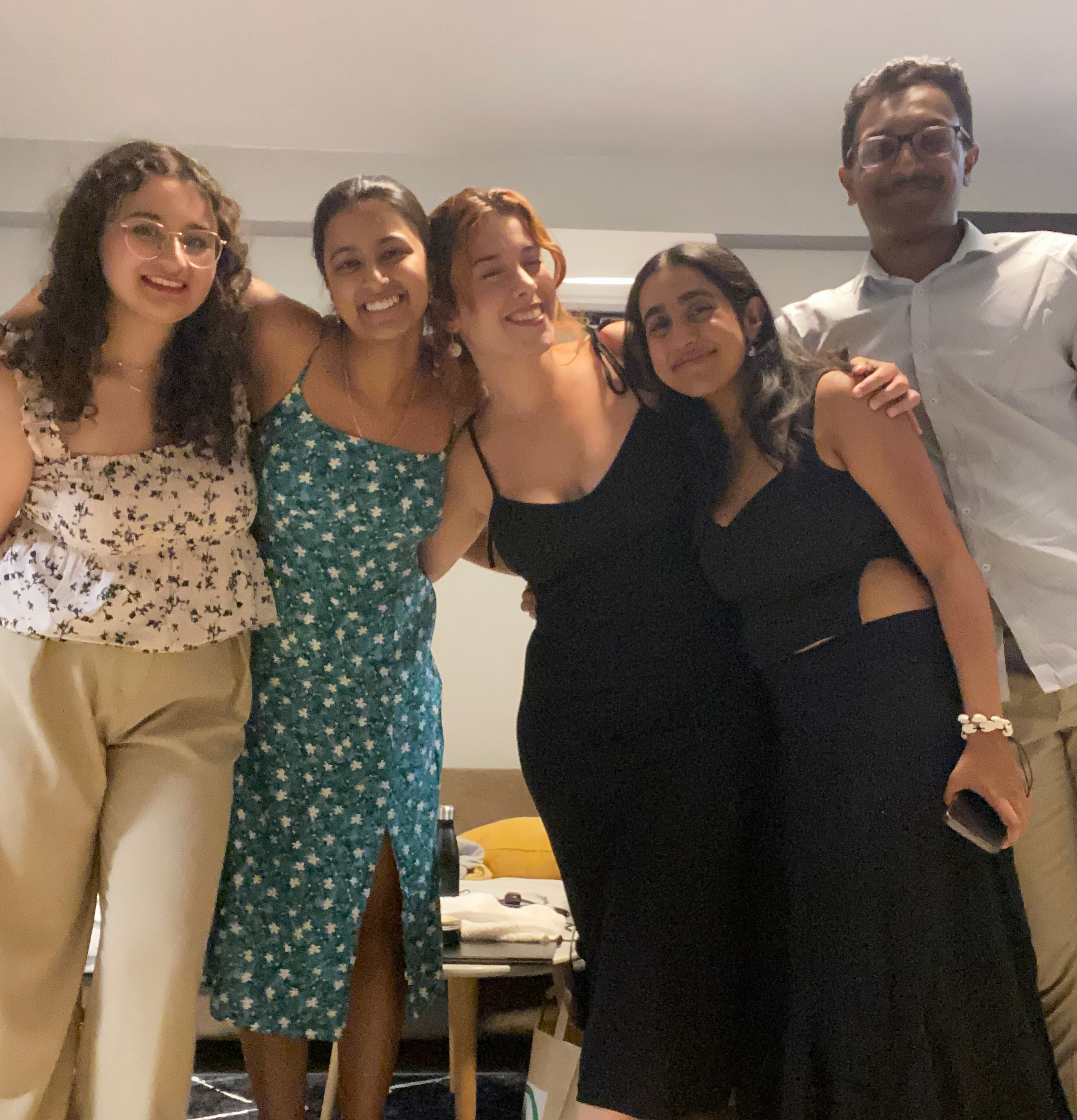
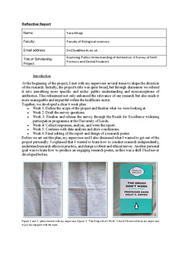

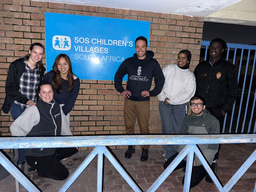
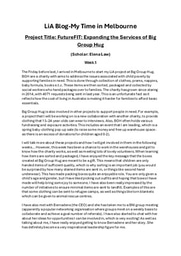
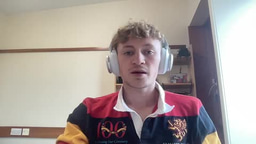
Please sign in
If you are a registered user on Laidlaw Scholars Network, please sign in
Koshiki this is beautiful! It was an honour and a pleasure to work with you - you are an absolute boss!
Likewise! Can't wait to see what we all do next :)
Great reflections about 'Leading from Behind', Koshiki!
Thank you Hannah!